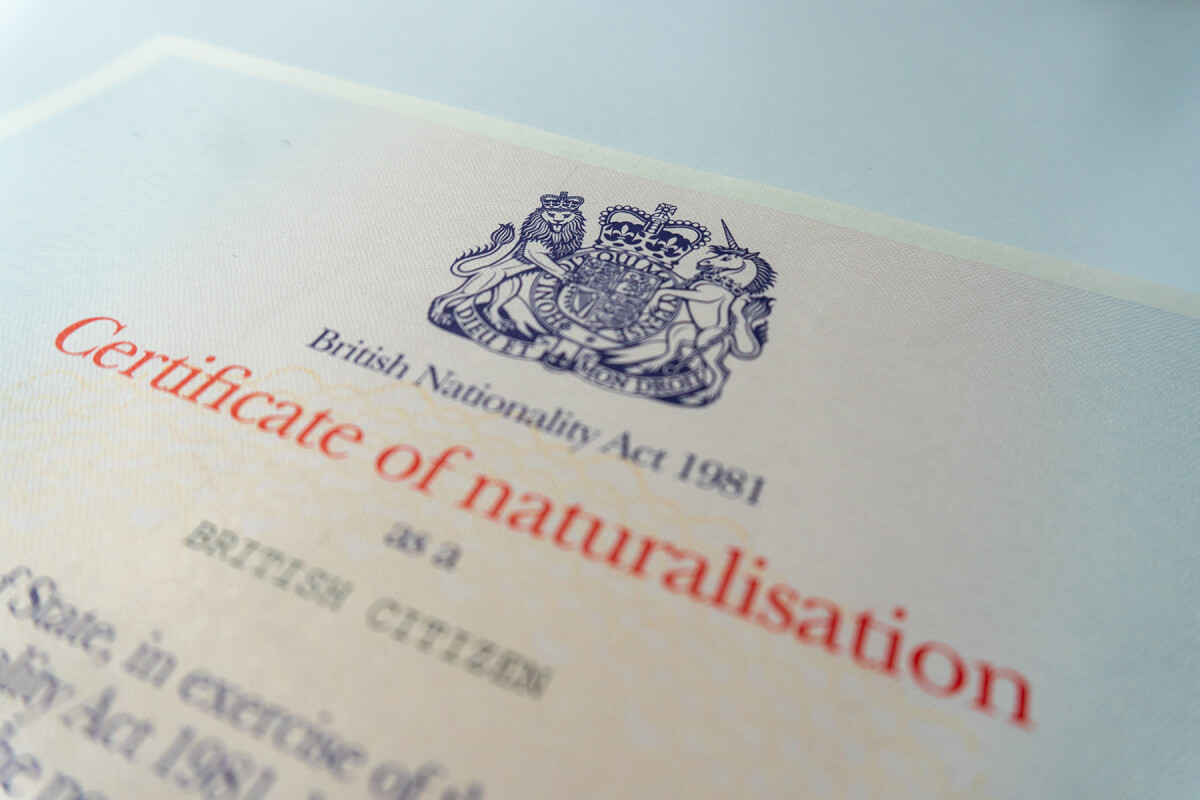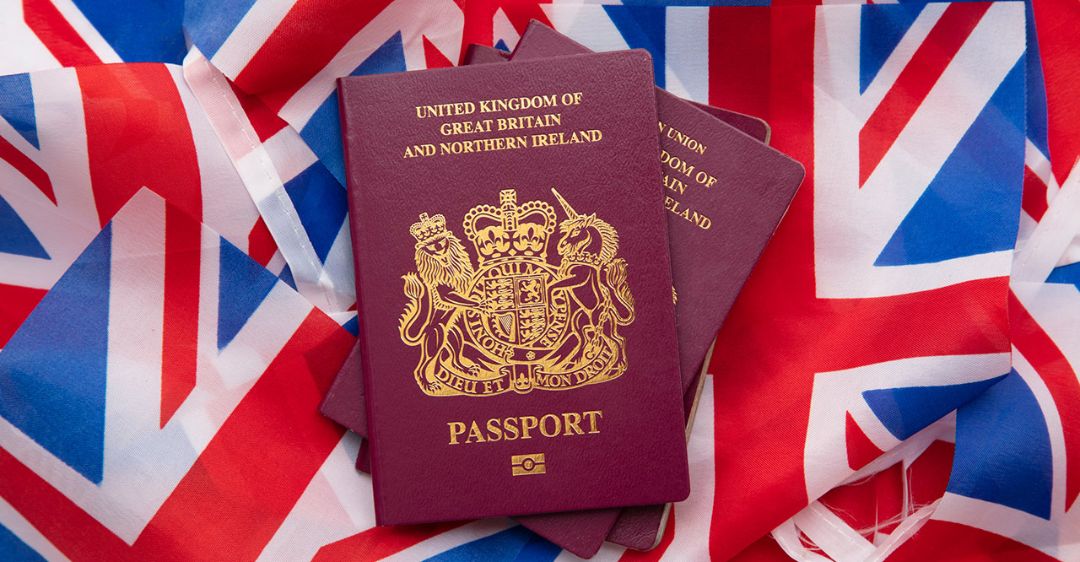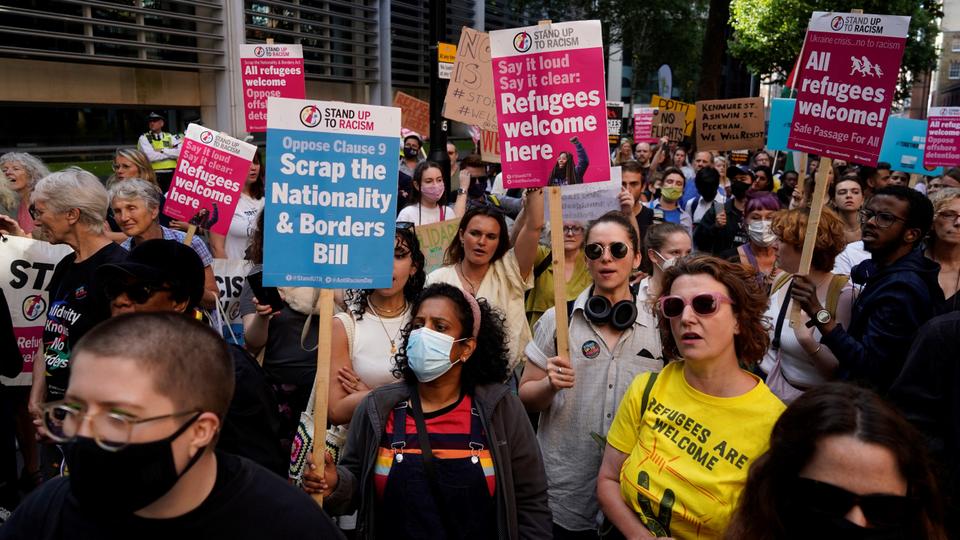


The ultimate goal for many immigrants in Britain is to become citizens there, but getting there can be a protracted process. Immigrants can gain a British passport, free entry and exit from the country, and increased protection while travelling abroad if they are able to stay in the UK and become British citizens.
It takes work to become a citizen of the United Kingdom. This is the last step required of those who want to naturalise as British citizens, and getting there is by no means simple. The path to British citizenship can be a long, difficult, and expensive one for many immigrants in the UK.
Despite all the trouble, unfortunately, citizenship can still be withdrawn under certain conditions. This may occur for a variety of circumstances, such as if the Home Office determines that robbing you of your citizenship would be in the interests of the general welfare. We'll examine the reasons why or how someone's British citizenship can be revoked.

According to Section 40 of the British Nationality Act of 1981, citizenship may be revoked when an applicant engages in fraud, makes false statements, or commits a relevant act. Here we have mentioned some of the main reasons that can lead you to lose citizenship in the country.
In some situations, your British citizenship can be withdrawn or nullified. It may be revoked by the Secretary of State for the Home Department through deprivation or nullity. It takes place when it is discovered that citizenship was obtained through deception, fabrication, or the suppression of any significant fact.
Nullity happens when a person receives citizenship even though they were never the intended recipient. For instance, if the applicant gave fraudulent information, such as the incorrect name, birthplace, date of birth, and nationality, or if the applicant utilised another person's identity or a completely false identity.
This involves evaluating whether the individual poses a risk to UK society when determining whether revoking someone's citizenship or nationality would be "conducive to the public good." It will happen if the Home Secretary decides that doing so would be in the best interests of the general public. Moreover, you wouldn't lose your nationality as a result. For example, a UK citizen might have,
You cannot be expelled if you are a citizen of the United Kingdom. You must first lose your British citizenship. You may be deported if the Home Secretary has revoked your citizenship through nullity or deprivation. Furthermore, the family members of the citizens losing their citizenship can also be affected by this.
There have been instances where UK citizens and residents have been wrongfully imprisoned or deported. For instance, the Windrush affair in 2018, which saw the government target several children of Commonwealth citizens. Recently, there have been delays in visa processing which could potentially lead to the same situation.

In Windrush Scandal, many people were notified that they were in the UK illegally despite living and working there for decades because they lacked proper documentation. As many had been given Indefinite Leave to Remain by the government but had not been given the paperwork to show this, this caused much debate.
The Nationality and Border Bill will allow the home secretary to revoke citizenship without prior notice if doing so is not "reasonably possible" for reasons of national security. The action was taken months after a high-ranking British court ruled that Shamima Begum, the "ISIS bride" of British descent, fled the country while she was a teen to join the Islamic State in Syria.
According to the Home Office, the law does not grant it further authority to revoke citizenship. The legal authorities, however, disagree. They contend that the legislation may lead to circumstances in which people lose the ability to go back home without being given a chance to appeal the judgement.
The worst part is that these steps can leave people stateless. Like in the Begum case, the British government maintained that stripping Begum of her British citizenship would not leave her a stateless person. They claimed she might become a citizen of Bangladesh, where her family is from. Begum, however, has never gone to Bangladesh, and the South Asian nation has refused her entry.
Where the process of obtaining citizenship in the UK can be challenging, only a slight mistake can deprive you of it. Having incorrect personal information or disturbing the peace are the top reasons for losing citizenship. Moreover, the new bill may strip you of citizenship without giving you a chance to defend yourself.
If you choose to relocate or retire in a nation outside of the UK, your UK citizenship won't be impacted. You can apply for and obtain citizenship in the new home nation without sacrificing your UK citizenship because the UK government permits dual citizenship.
Of course, anyone can have their British citizenship withdrawn if necessary; it's not just people who were born elsewhere.